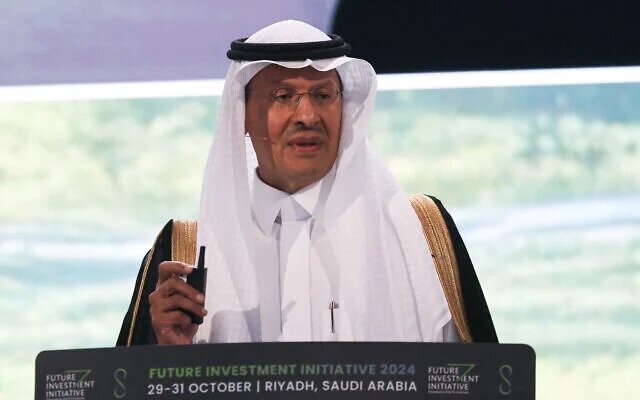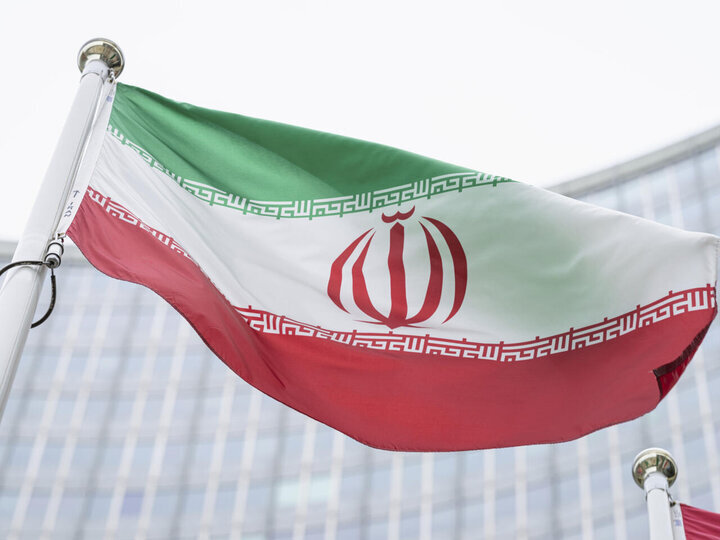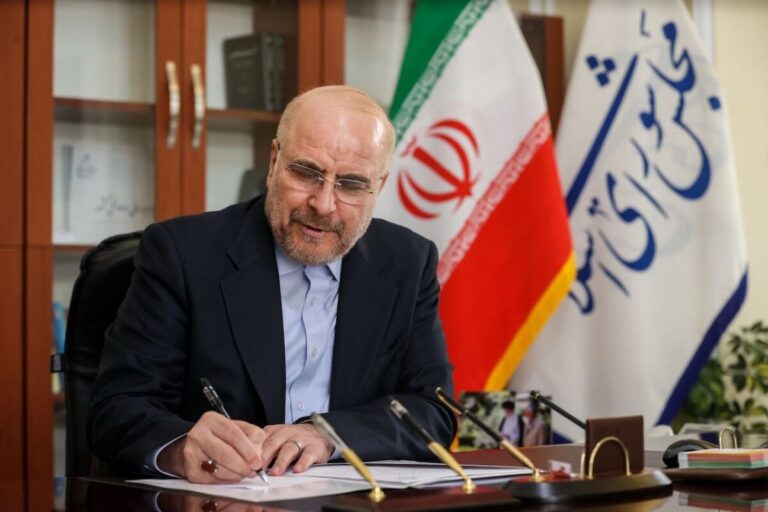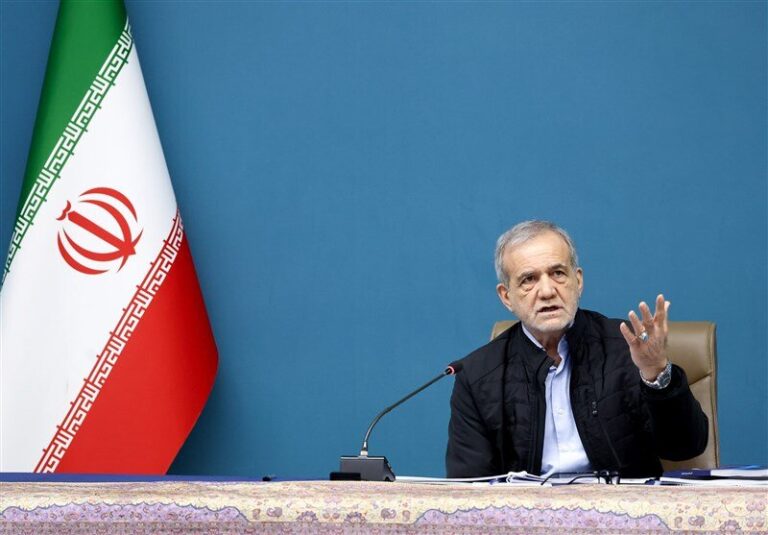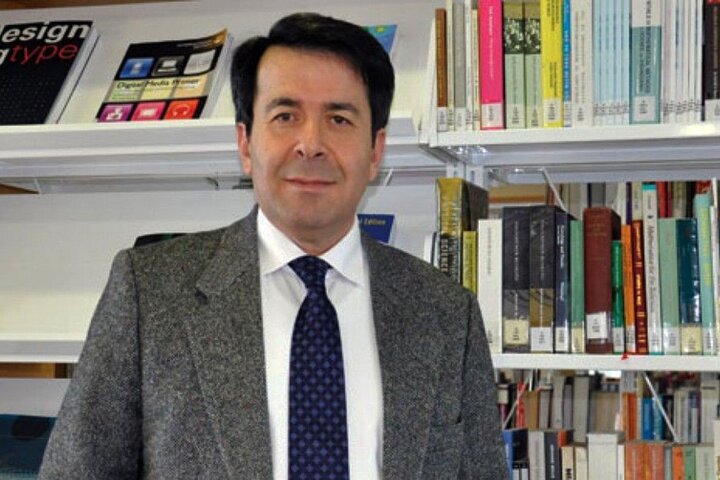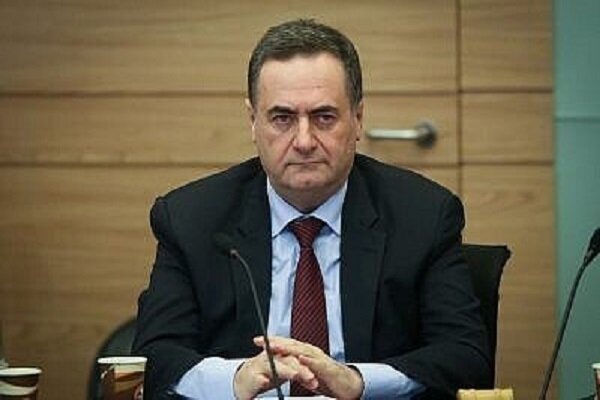Saudi Arabia and US Negotiate Groundbreaking Nuclear Technology Agreement
In a significant development regarding international energy collaboration, US officials have indicated that Riyadh and Washington are making strides toward establishing a robust partnership to advance a civil nuclear program in Saudi Arabia. This initiative comes amid ongoing discussions about energy cooperation between the two nations, highlighting the importance of nuclear technology in the region’s energy landscape.
During his first official visit to Saudi Arabia, US Energy Secretary Wright met with Saudi Energy Minister Prince Abdulaziz bin Salman. The discussions centered around a potential agreement that could see the two countries working together on developing a nuclear program that benefits both parties. According to reports from Reuters, Wright stated that there is a clear “pathway” toward reaching this agreement.
Wright’s visit is part of a broader tour of energy-producing Gulf states, where the focus has been on enhancing energy cooperation and exploring new avenues for collaboration. He emphasized that further details regarding a memorandum of understanding on energy cooperation between Riyadh and Washington will be revealed later this year.
One of the key components of this partnership is the establishment of a 123 agreement. Wright explained, “For a US partnership and involvement in nuclear here, there will definitely be a 123 agreement.” This agreement is crucial for the collaboration, as it outlines the framework for US companies and government entities to engage with Saudi entities in developing civil nuclear capabilities.
The term “123 agreement” refers to Section 123 of the US Atomic Energy Act of 1954. This section mandates specific conditions under which the US can cooperate with other nations in the field of nuclear energy. The adherence to this section is essential for allowing US involvement in Saudi Arabia’s civil nuclear endeavors.
- Key Points from Wright’s Visit:
- Wright’s discussions with Prince Abdulaziz focused on energy cooperation.
- A memorandum of understanding is expected to outline future cooperation.
- The importance of a 123 agreement for US-Saudi nuclear collaboration.
- Wright emphasized mutual benefits for both countries in this partnership.
The potential for a US-Saudi civil nuclear program is a significant development for both nations. For Saudi Arabia, it represents an opportunity to diversify its energy sources and enhance its technological capabilities in nuclear energy. For the United States, it solidifies its role as a key player in global energy markets, particularly in the Gulf region.
As the world increasingly looks for sustainable energy solutions, the collaboration between Saudi Arabia and the US on nuclear energy could set a precedent for future international partnerships in the energy sector. The focus on civil nuclear programs may also align with global efforts to reduce carbon emissions and promote cleaner energy alternatives.
Wright’s visit and the discussions held during this time underscore the importance of energy diplomacy in fostering international relationships. The exploration of nuclear energy in Saudi Arabia not only addresses immediate energy needs but also has long-term implications for regional stability and economic growth.
As the details surrounding the memorandum of understanding are finalized and the 123 agreement is established, both countries are poised to benefit from a partnership that could reshape the energy landscape in the Middle East. The prospect of a civil nuclear program in Saudi Arabia is not just a bilateral issue but also a matter of global interest, given the implications for energy security, environmental sustainability, and economic development.
In conclusion, the ongoing negotiations between Riyadh and Washington mark a crucial step toward advancing nuclear energy cooperation in the region. With both nations committed to achieving their respective objectives, the future of US-Saudi relations in the energy sector looks promising.
